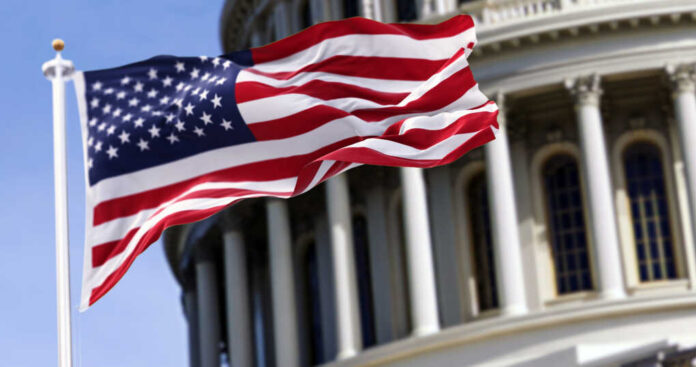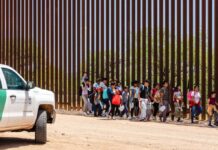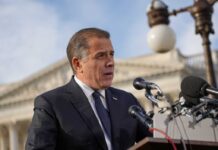
The old adage “all politics is local” has been turned on its head in modern America. While this phrase, popularized by House Speaker Thomas “Tip” O’Neill (D-MA) in the 1980s, once reflected the importance of local issues in political campaigns, today’s reality is quite different. The rise of mass media and advanced technology has transformed the political landscape, making national issues central to local elections.
In the early 20th century, most Americans lived in rural areas, and local concerns were the primary focus of political campaigns. However, as more people moved to urban areas, and with the advent of national television in the 1970s, the focus began to shift. The ability to broadcast news from New York, Washington, D.C., or Maine into homes across the country changed the nature of political discourse.
This shift continued with the internet and smartphones, which provide immediate access to news and events from around the globe. Today, local events are often framed within the context of national issues, and this dynamic drives political campaigns at every level.
One notable example is the response to natural disasters. During the presidency of George W. Bush, Hurricane Katrina led to massive media criticism and a quick allocation of billions of dollars in aid. In contrast, when a hurricane struck Texas during the Trump administration, the response was swift and largely unquestioned, reflecting a more nationally-driven political climate.
Currently, issues such as border security, crime, homelessness, climate change, and inflation dominate American politics. Politicians must address these national concerns, often at the expense of local issues. The media, government, and public schools play significant roles in shaping these national debates.
Polling data reveals the extent of this national focus. For example, a CBS News poll found that 89% of young Americans aged 16 to 25 are concerned about climate change. This widespread concern underscores how national issues overshadow local ones, driven by pervasive media coverage and technological advancements.
The transgender issue, virtually absent from national debate until recently, is another example of how technology can quickly nationalize a topic. Today, states and schools across the country are grappling with this issue, illustrating the powerful influence of national discourse on local actions.
Special elections for Congress and state legislatures now garner national attention and funding, highlighting the blending of local and national politics. This shift has profound implications for society, accelerating changes in morals and traditions. Views that were stable for generations, such as those on marriage, can now shift within a few years. For instance, both Barack Obama and Joe Biden opposed gay marriage in 2007, but today, it is widely accepted and legally recognized.
The rapid pace of societal change, fueled by technology and nationalized politics, can lead to instability and anxiety. Historian Will Durant compared tradition in society to memory in individuals, warning that losing tradition can lead to societal chaos. As national issues continue to dominate and government expands, the once-local nature of politics is increasingly becoming a thing of the past.














